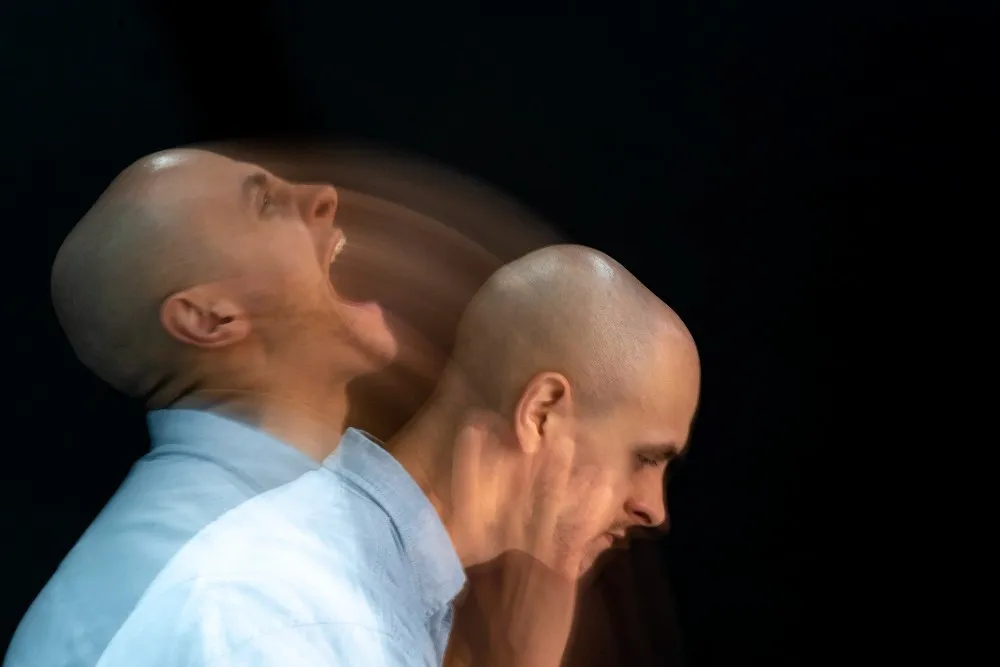Heard of the Ice bucket Challenge? You must have come across videos of people pouring a bucket of ice-cold water on them - all for one reason- to create more awareness for ALS. What is ALS? Find out with us!
Facts about Amyotrophic Lateral Sclerosis (ALS)
Amyotrophic lateral sclerosis (shortened to ALS), is a progressive neurodegenerative disease which affects the nerve cells of the brain as well as the spinal cord. This degeneration of the motor neurons eventually leads to the patient's death because the death of motor neurons result the brain's inability to initiate and control muscle movement. So when the voluntary muscle action of a person is progressively affected, they might become totally paralyzed in the later stages of this disease. Early symptoms of the ALS disease include increasing weakness in the muscles, especially the ones involved in the arms and legs, as well as speaking, swallowing or breathing. When the muscles no longer receive messages from motor neurons telling them that they require functioning, they start to atrophy (which means to become smaller). As a result of this, the limbs begin to look thinner with the passage of time.Here are a few more facts about ALS!
- The reason behind ALS is not completely understood.
- This disease is not contagious.
- Annually, ALS claims almost two deaths per hundred thousand people.
The life expectancy of patient is about 3 to 5 years from the time of diagnosis.
- The disease is variable, which means that people can live for over five years. More than 50% of all patients suffering from this disease live over three years after their diagnosis.
- Almost 20% of people suffering from ALS live for 5 years or more and 10% survive more than 10 years. A rare 5% go on to live for 20 years. A few people have also had the ALS disease stop its progress within them, and an even smaller number showed the symptoms of ALS being reversed.
- The word "A-myo-trophic" comes from Greek where "A" means no, "Myo" refers to muscle, and "Trophic" means nourishment. When put together, it means 'No muscle nourishment' and when any muscle receives no nourishment, it 'atrophies' or wastes away.
- Amyotrophic lateral sclerosis occurs globally and has no racial, socioeconomic or ethnic boundaries.
- This disease can strike anyone of any age group
- Its diagnosis includes a spinal tap, EMG and NCV tests, blood and urine studies, x-rays, (including MRI), muscle and/or nerve biopsy, a neurological examination and a myelogram of the cervical spine
Tagged in Mind-Body Wellness

Reviewed by







